Pankaj Kedia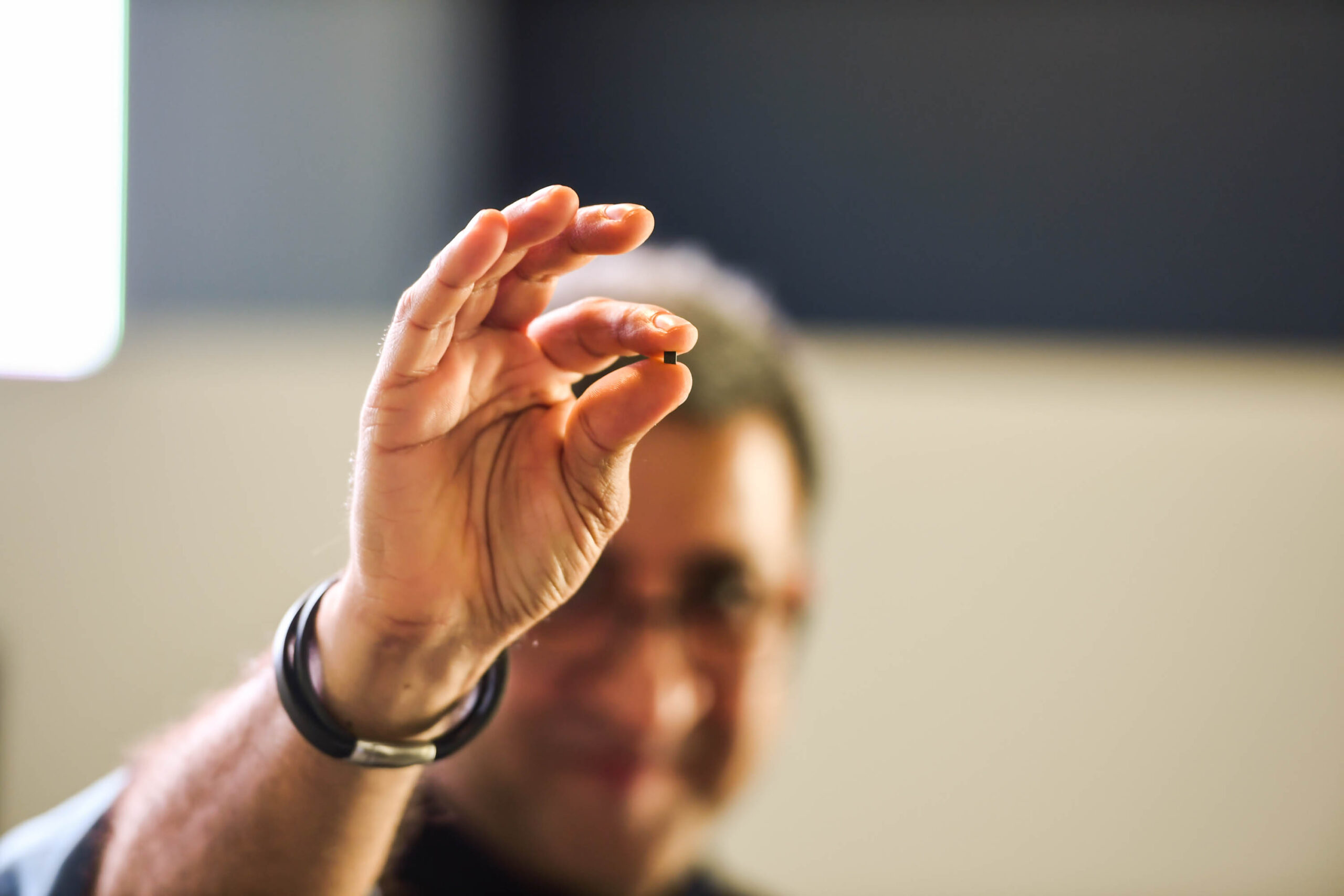
Senior Director and Global Head, Smart Audio + Wearables Portfolio
Qualcomm Technologies, Inc.
This week, we have the pleasure of featuring Pankaj Kedia, an esteemed alumnus who opened our eyes to the ways innovation in technology (and the tech we all take for granted today) has empowered humans and communities around the world.
From “The Pink City” to Maize & Blue
After growing up in Jaipur, India, which is often referred to as “The Pink City,” Pankaj completed his undergraduate degree at the Indian Institute of Technology (IIT) in Roorkee during the late 1980s. While advanced wireless and mobile technology would later become a cornerstone of his career, Pankaj experienced a different pace of communications at IIT. The university of around 7,500 students, in the pre-wireless era, relied on landline trunk calls to connect students to their families. Students would wait in a queue to book the call; the “standard” trunk call could come anytime over 12 hours while the most expensive “lightening” call could take 30 minutes. The campus had “runners,” who would collect the student’s schedule for the day and track them down hours later to return to the telephone room and complete their short call once the connection was made.
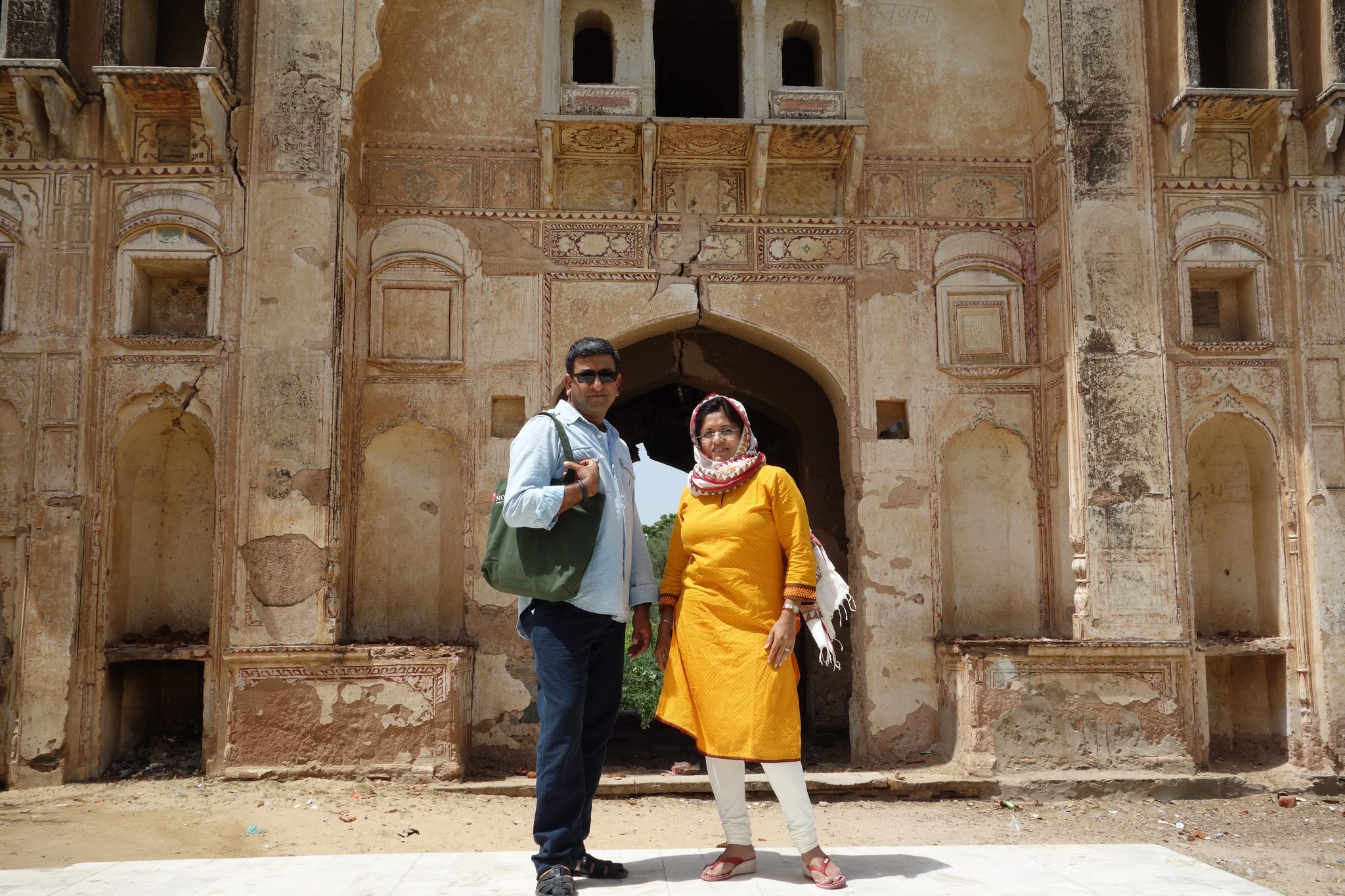 How times have changed! Pankaj reflected that telephones have evolved from “a place calling a place” (the telephone room at IIT calling a different town in India or a landline in Miami calling a business in New York) to “a person calling a person,” the format we’re accustomed to today using personal cellphones.
How times have changed! Pankaj reflected that telephones have evolved from “a place calling a place” (the telephone room at IIT calling a different town in India or a landline in Miami calling a business in New York) to “a person calling a person,” the format we’re accustomed to today using personal cellphones.
After completing his undergrad education, Pankaj traveled to the United States for the first time, arriving in Ann Arbor, Michigan to complete his Master of Industrial and Systems Engineering degree funded through scholarships and teaching/research assistantships. When asked what his memories were from the early days in Ann Arbor, Pankaj answered, “it snowed…on my very first day.” The weather, culture and academics were all very different in Michigan than in Jaipur or Roorkee, however, the fond memories of the friends he met at school, many of whom he keeps in touch with, solidified his experience and love for the University of Michigan.
Beyond the Block M
After completing his master’s degree at UofM, Pankaj continued to expand his knowledge, influence, and exploration within the United States. His first jobs were in technology consulting in the Midwest/East coast helping such companies as Navistar re-engineer its supply chain, Zenith Data Systems deploy just-in-time techniques, and Westinghouse implement information systems. He subsequently completed his Master of Business Administration (MBA) degree from Wharton School at the University of Pennsylvania before moving to the great state of California.
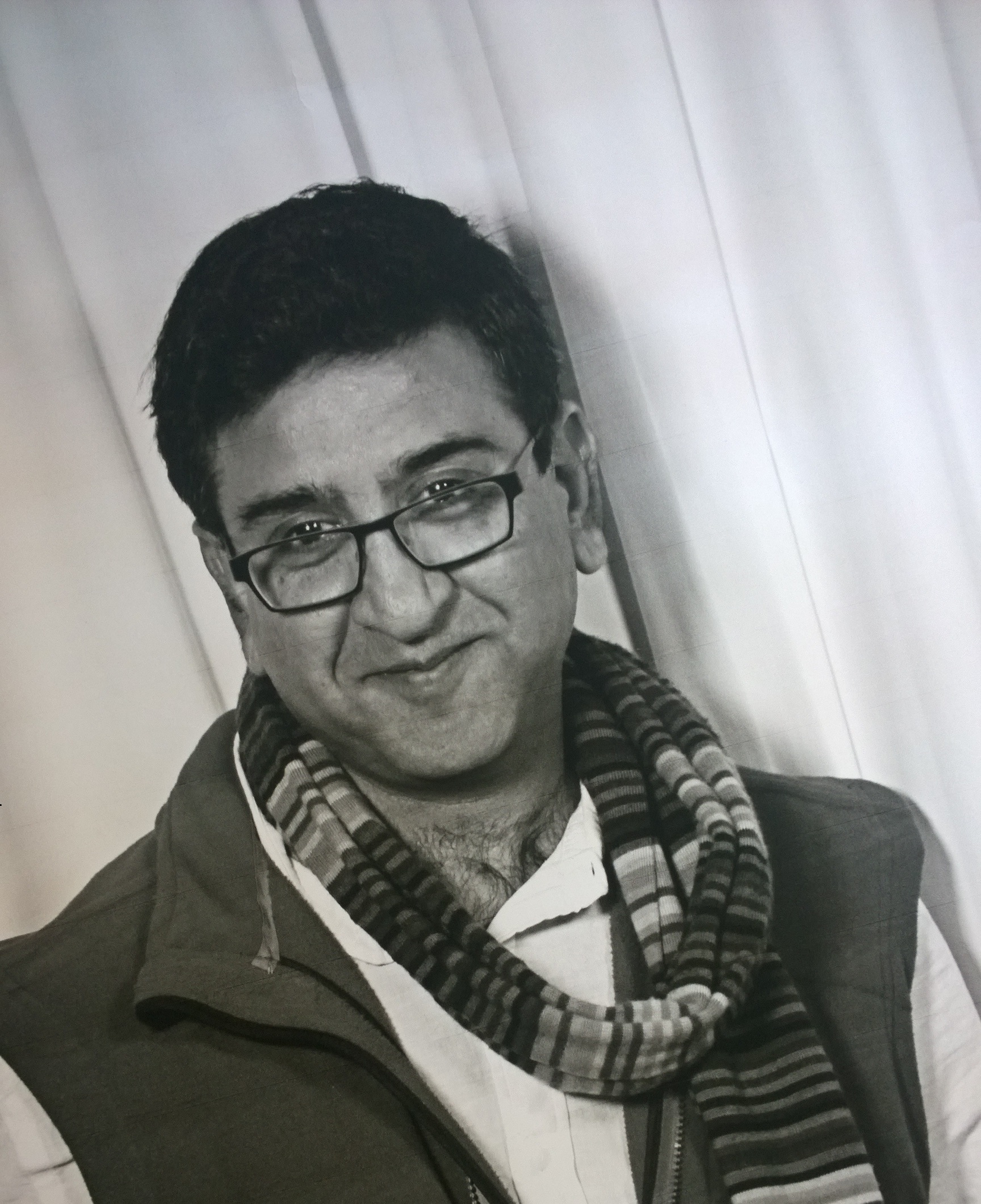 Pankaj spent the next 17 years working for Intel in the Bay Area. He pioneered new tech at Intel, fostering startup businesses and expanding them to multi-billion dollar enterprises. The first example of a startup business Pankaj worked on was the laptop. As we tote our MacBook Pros to Starbucks, to class, on airplanes (pre-COVID, of course), we take for granted that not too long ago, the laptop was primarily used by sales executives, representing only 7-9% of PC users. When Pankaj got involved in the laptop business at Intel, laptops were thick, heavy and had less than an hour battery life. The dream was to make the laptop truly mobile, accessible and convenient for all. Pankaj ran strategy, marketing and more to transform the laptop into a personal mobile device, the kind we know and love today. Pre-laptops, we went to a place (e.g., our office dens) to use the desktop PC, which was shared by the entire family. Now, we have our individual laptop that we take for granted and rely on wherever we go for work, watching movies and more!
Pankaj spent the next 17 years working for Intel in the Bay Area. He pioneered new tech at Intel, fostering startup businesses and expanding them to multi-billion dollar enterprises. The first example of a startup business Pankaj worked on was the laptop. As we tote our MacBook Pros to Starbucks, to class, on airplanes (pre-COVID, of course), we take for granted that not too long ago, the laptop was primarily used by sales executives, representing only 7-9% of PC users. When Pankaj got involved in the laptop business at Intel, laptops were thick, heavy and had less than an hour battery life. The dream was to make the laptop truly mobile, accessible and convenient for all. Pankaj ran strategy, marketing and more to transform the laptop into a personal mobile device, the kind we know and love today. Pre-laptops, we went to a place (e.g., our office dens) to use the desktop PC, which was shared by the entire family. Now, we have our individual laptop that we take for granted and rely on wherever we go for work, watching movies and more!
Pankaj, known as the “Mobile Guy” at Intel, didn’t stop there. He moved from laptops to the evolution of mobile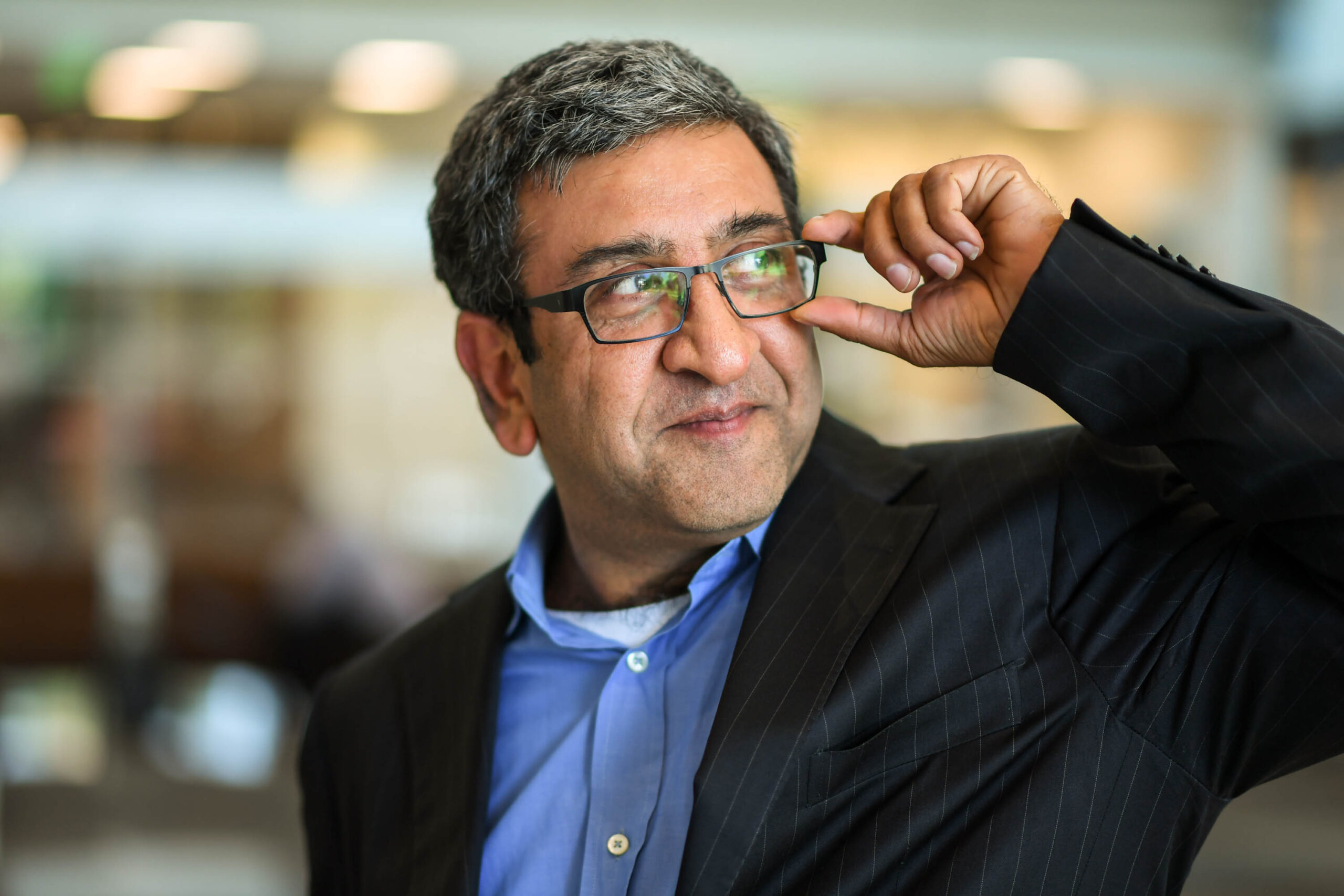 devices, including tablets, mobile internet devices and smartphones. As the technology got better, the devices became increasingly portable.
devices, including tablets, mobile internet devices and smartphones. As the technology got better, the devices became increasingly portable.
Over 7 years ago, Pankaj made the move to Qualcomm and relocated to San Diego from the Bay Area. At Qualcomm, Pankaj has established and built wearables to one of its fastest growing businesses and enabled us to sport a smartwatch, helping us become healthier, and making it easier for us to stay in touch with our family, friends and colleagues. He is also leading the audio business for the company, helping brands such as Bose and Logitech launch speakers and soundbars, which we have come to rely on as we work from home during the pandemic.
Transforming Communities with Technology
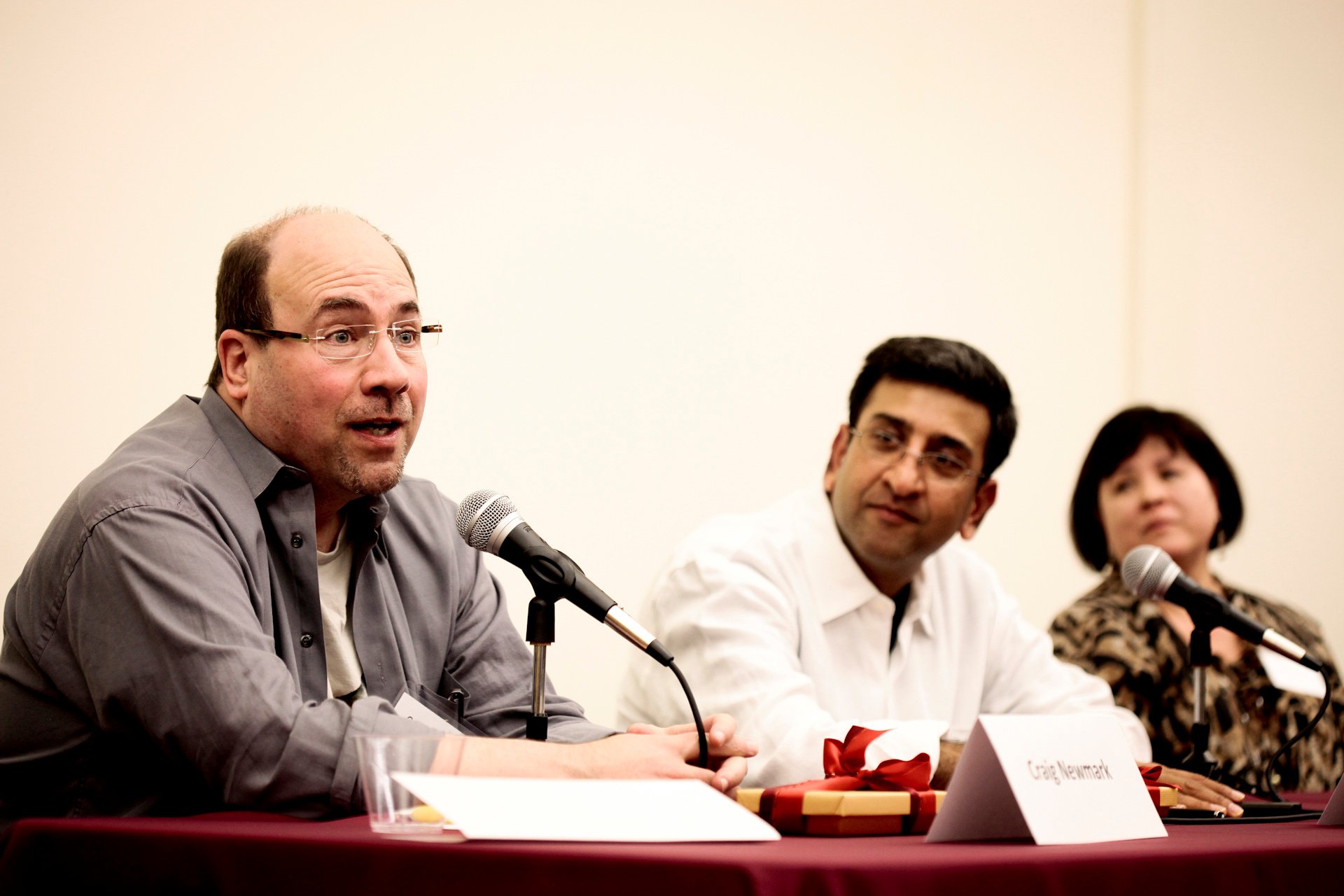 When speaking to Pankaj or watching his talks at the inaugural TEDxSanDiego (“Technology Innovations, Community Transformations“) or the one at TEDxSOMA (“The Coming Mobile Internet Tsunami: Putting Power in Your Hands“) over 10 years ago, it is clear this global and systems thinker has a passion for the way technology empowers people worldwide. Pankaj has worked with several nonprofits in the Bay area and was a board advisor to Community Technology Network (CTN) and SamaSource, both of which used technology to address the pervasive problems around poverty, unemployment, and homelessness.
When speaking to Pankaj or watching his talks at the inaugural TEDxSanDiego (“Technology Innovations, Community Transformations“) or the one at TEDxSOMA (“The Coming Mobile Internet Tsunami: Putting Power in Your Hands“) over 10 years ago, it is clear this global and systems thinker has a passion for the way technology empowers people worldwide. Pankaj has worked with several nonprofits in the Bay area and was a board advisor to Community Technology Network (CTN) and SamaSource, both of which used technology to address the pervasive problems around poverty, unemployment, and homelessness.
Pankaj highlights several examples in his TEDx talks around technology powering communities, such as how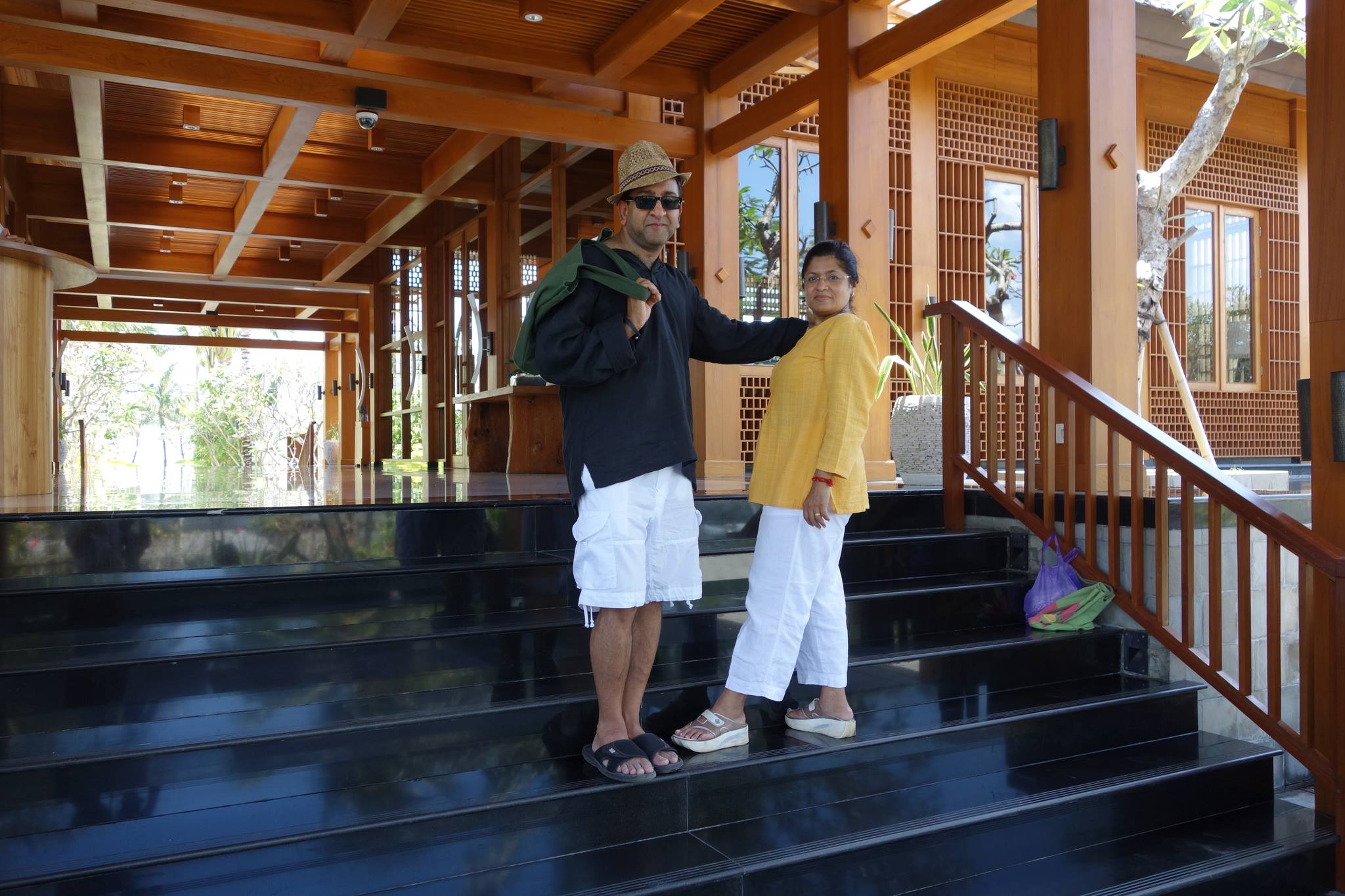 eChoupal, an “eBay for Farmers,” helped transform the agriculture business in India. He also talks about San Francisco’s Tenderloin Tech Lab, a technology hub where many homeless people and those coming from halfway houses and shelters can access computers, jobs and loved ones’ social media accounts through technology. In his TEDxSOMA talk, Pankaj highlights how the mobile internet is putting power in the hands of people around the world.
eChoupal, an “eBay for Farmers,” helped transform the agriculture business in India. He also talks about San Francisco’s Tenderloin Tech Lab, a technology hub where many homeless people and those coming from halfway houses and shelters can access computers, jobs and loved ones’ social media accounts through technology. In his TEDxSOMA talk, Pankaj highlights how the mobile internet is putting power in the hands of people around the world.
The ways technology can shape our lives and our communities is astounding, 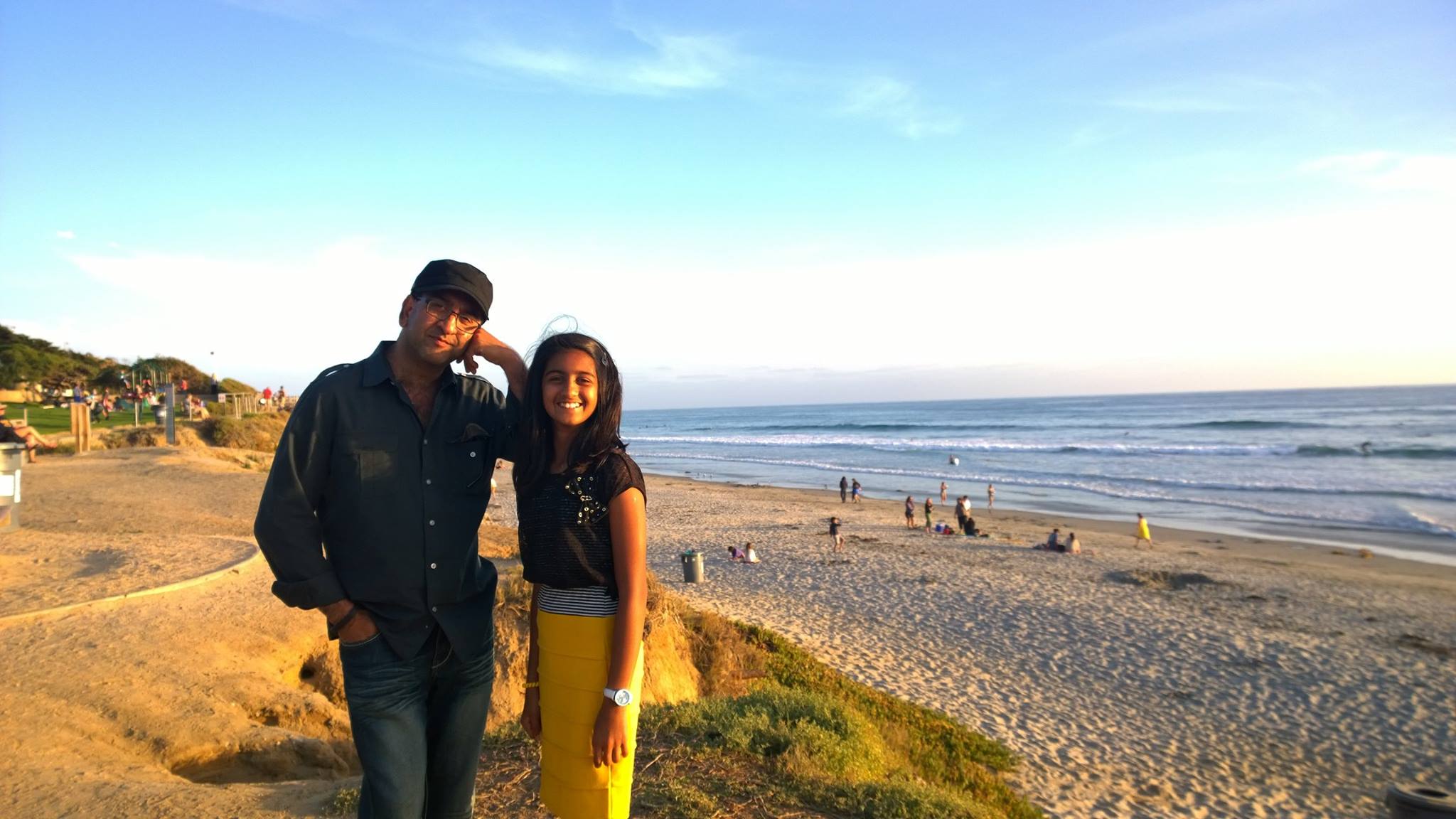 and since first stepping foot in Michigan on a snowy Midwest winter day, Pankaj has been leading the way on the technological movement. He ends his TEDx talk with a question that, especially given the past year of unrest in the world, hits home:
and since first stepping foot in Michigan on a snowy Midwest winter day, Pankaj has been leading the way on the technological movement. He ends his TEDx talk with a question that, especially given the past year of unrest in the world, hits home:
How are you impacting your local community?
